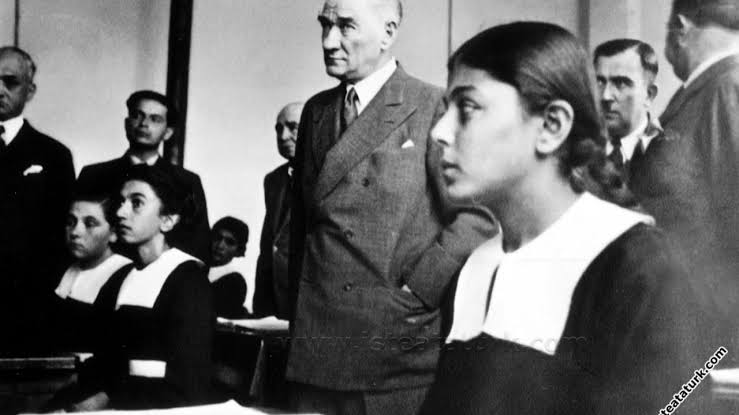-
14.
0sana liseli bile çok amk ortaokullusu bide utanmadan matematik sorusu soruyo mkatematiğimiz iyi olsa ne işimiz var bizim bu amk yerinde
-
13.
0
-
12.
0aq sizin
-
11.
0hadi beyler ya acil
-
10.
-2up up up up up
-
9.
0Seviyeyi artirma lan
-
8.
0koca sözlükte şu soruyu yapabilen yok mu amk
-
7.
+2vay amk üniyi bıraktım tekrar ilkokula yazılacam
-
6.
0E mi panpa
edit: 40 yapar 40 -
5.
0cevabını bilmiyorum. nasıl bi mantık yürüttünüz onu yazın beyler
-
4.
0C mi cevap
Edit: al çözümü
Methods: We used 5 different published algorithms [described by Sodergard et al. (bioTS and FTS), Vermeulen et al. (bioTV and FTV), Emadi-Konjin et al. (bioTE), Morris et al. (bioTM), and Ly et al. (FTL)] to estimate bioT and FT concentrations in samples obtained from 399 independently living men (ages 40–80 years) participating in a cross-sectional, single-center study.
Results: Mean bioT was highest for bioTS (10.4 nmol/L) and lowest for bioTE (3.87 nmol/L). Mean FT was highest for FTS (0.41 nmol/L), followed by FTV (0.35 nmol/L), and FTL (0.29 nmol/L). For bioT concentrations, the Pearson correlation coefficient was highest for the association between bioTS and bioTV (r = 0.98) and lowest between bioTM and bioTE (r = 0.66). FTL was significantly associated with both FTS (r = 0.96) and FTV (r = 0.88). The Pearson correlation coefficient for the association between FTL and bioTM almost reached 1.0. Bland-Altman analysis showed large differences between the results of different algorithms. BioTM, bioTE, bioTV, and FTL were all significantly associated with sex hormone binding globulin (SHBG) concentrations. -
3.
0A panpa
-
2.
0Jejdneidneko
-
1.
+1 -1
başlık yok! burası bom boş!
